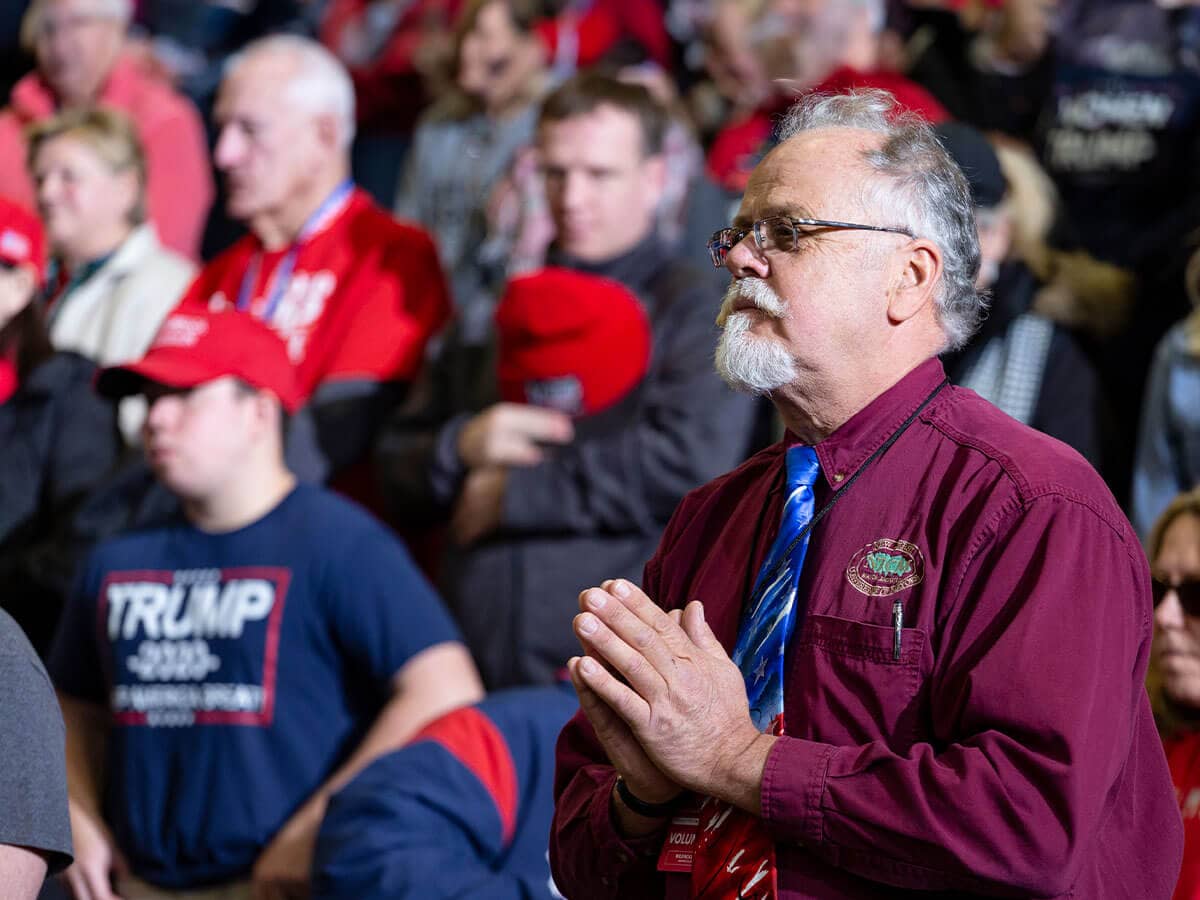Bartholomew, whose patriarchate is based in predominantly Muslim Turkey, has been active in promoting a dialogue between faiths since the Sept. 11 attacks. He helped organize a meeting between Christian, Muslim and Jewish religious leaders in Brussels last year, and visited Iran earlier this year for talks with religious and political leaders. "Where religion is called to justify terrorism or extreme attitudes ... we don't have any more a true notion of religion, but a caricature,'' Bartholomew said. "
During his U.S. visit, the patriarch will attend celebrations of the 80th anniversary of the foundation of the Greek Orthodox Archdiocese of America. He also plans a visit to the ruins of the World Trade Center towers in New York. "I shall say a prayer there for the victims," he said.
Bartholomew said he hoped to find U.S. support for the patriarchate's efforts to reopen a theological school on an island off Istanbul. The school, on the island of Heybeli--which is known as Halki in Greek and once had a large Greek community--was closed by Turkish authorities in 1971, under a law giving the state control of religious and military higher education.
Bartholomew, like many of today's Greek Orthodox leaders, was trained on the island. He said faith needs the school to train a new generation of theologians. "We are the last generation ... what will happen after us?" Bartholomew said. "The patriarchate is a living organization, and it needs young people."
The Ecumenical Patriarchate in Istanbul dates from the Orthodox Greek Byzantine Empire, which collapsed when the Muslim Ottoman Turks conquered Constantinople, today's Istanbul, in 1453. Although only a few thousand Greek Orthodox Christians now live in Turkey, the patriarchate has remained in Istanbul. Bartholomew is also the spiritual leader of 14 autonomous Orthodox churches, including those of Greece, Russia, Serbia, Albania, Bulgaria, and Romania.

